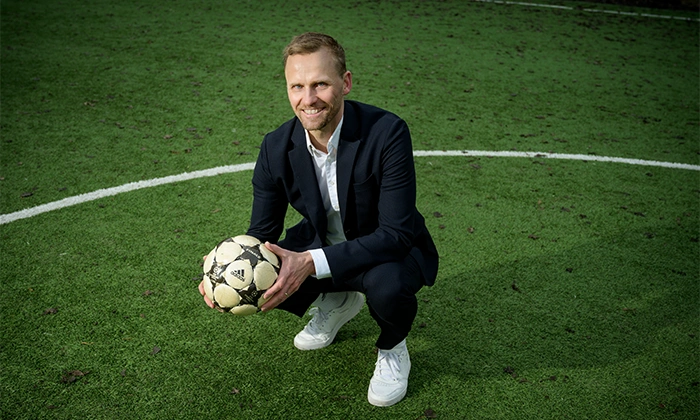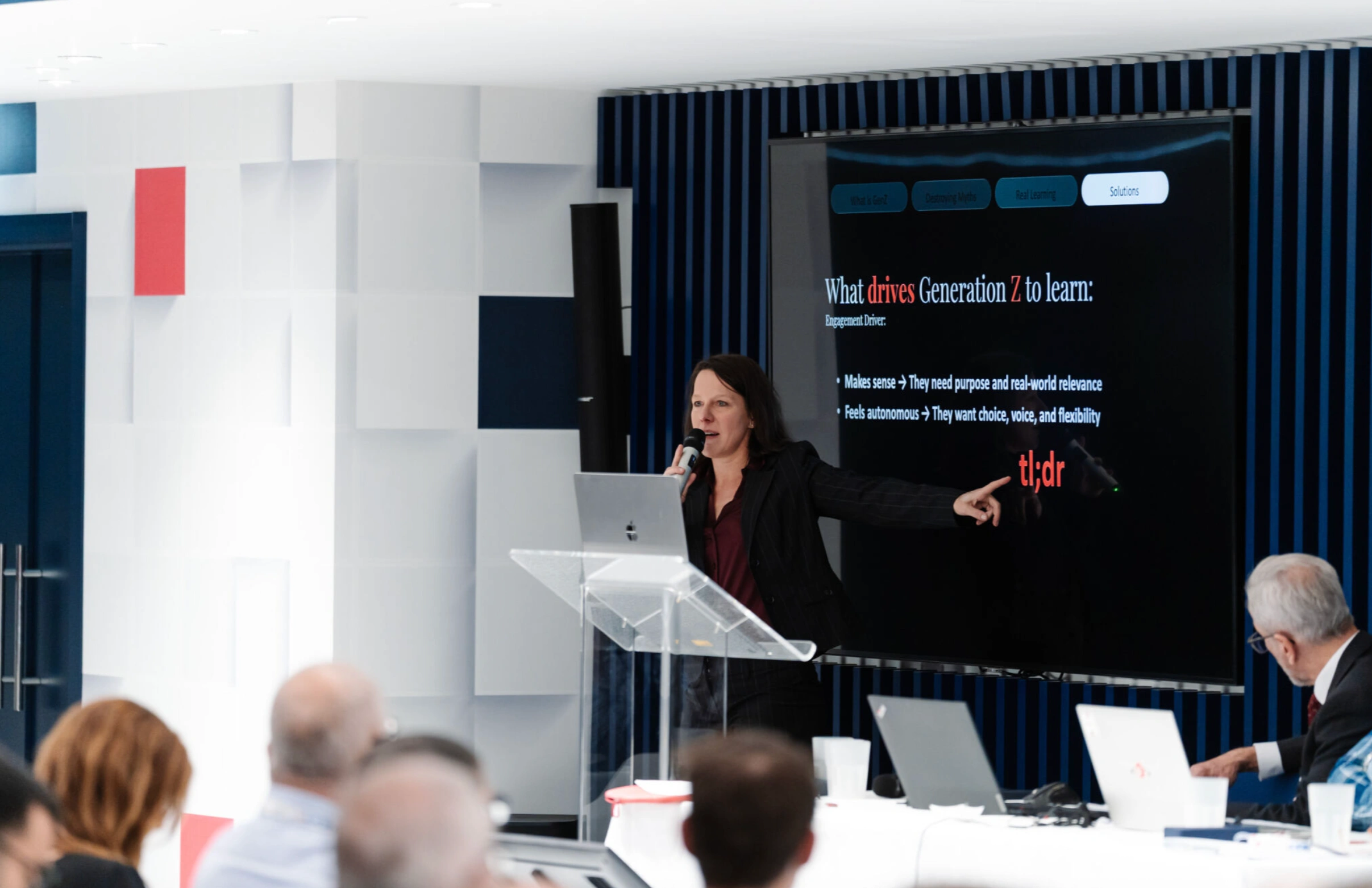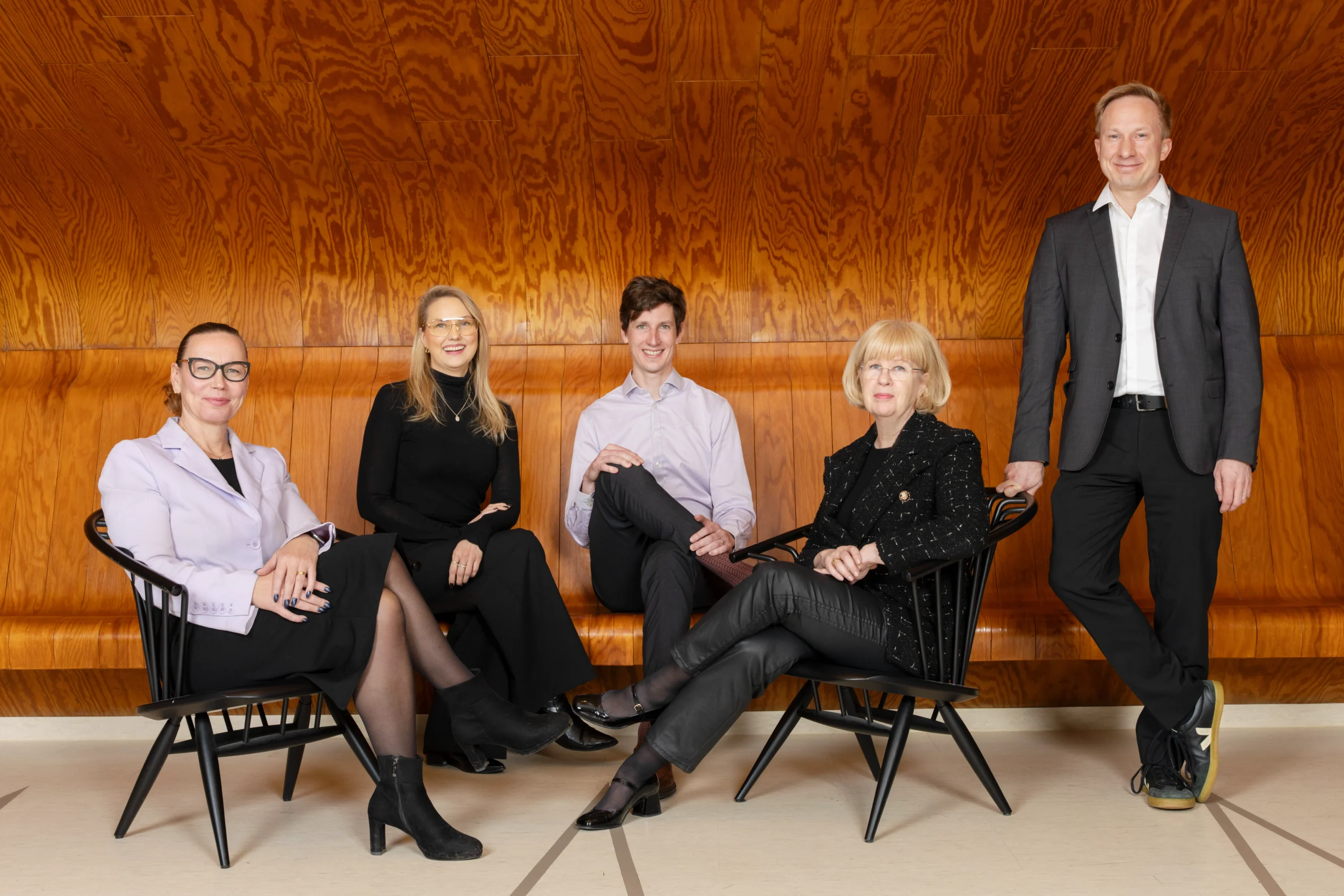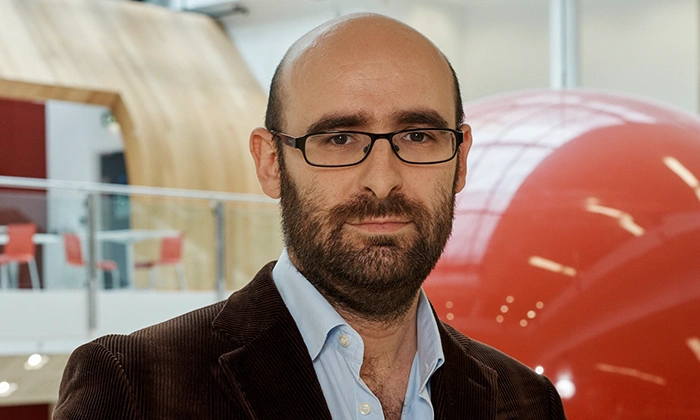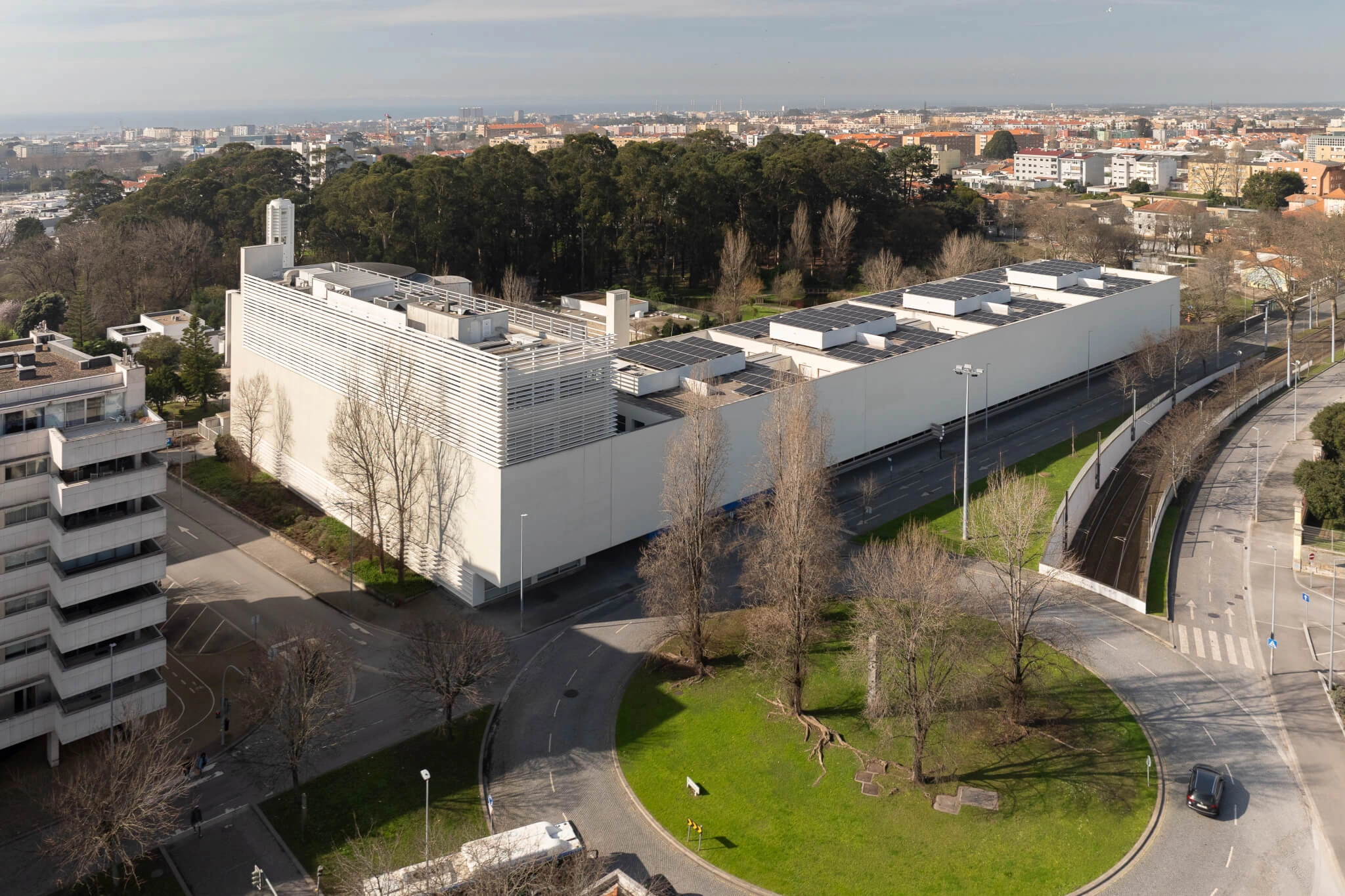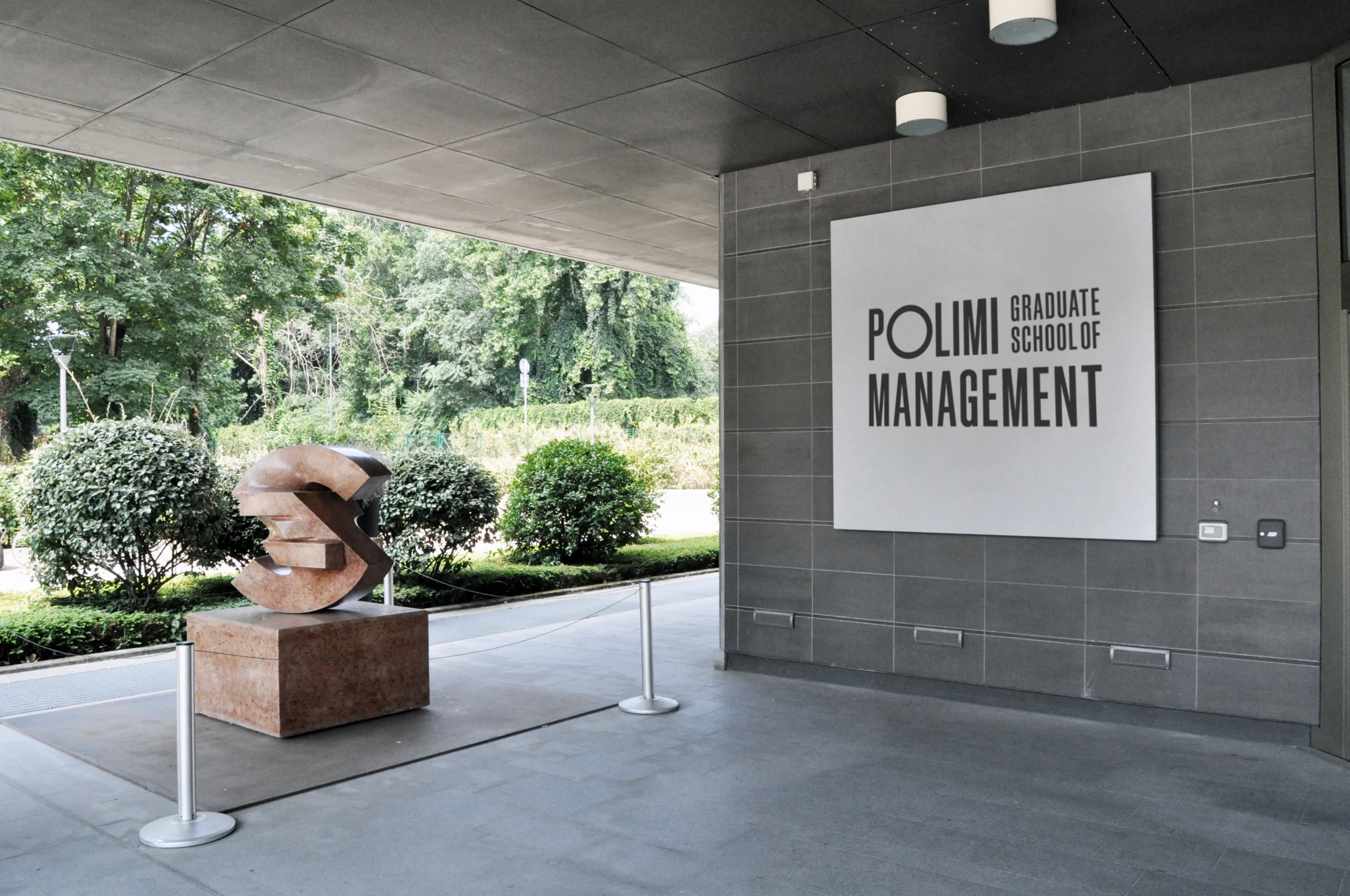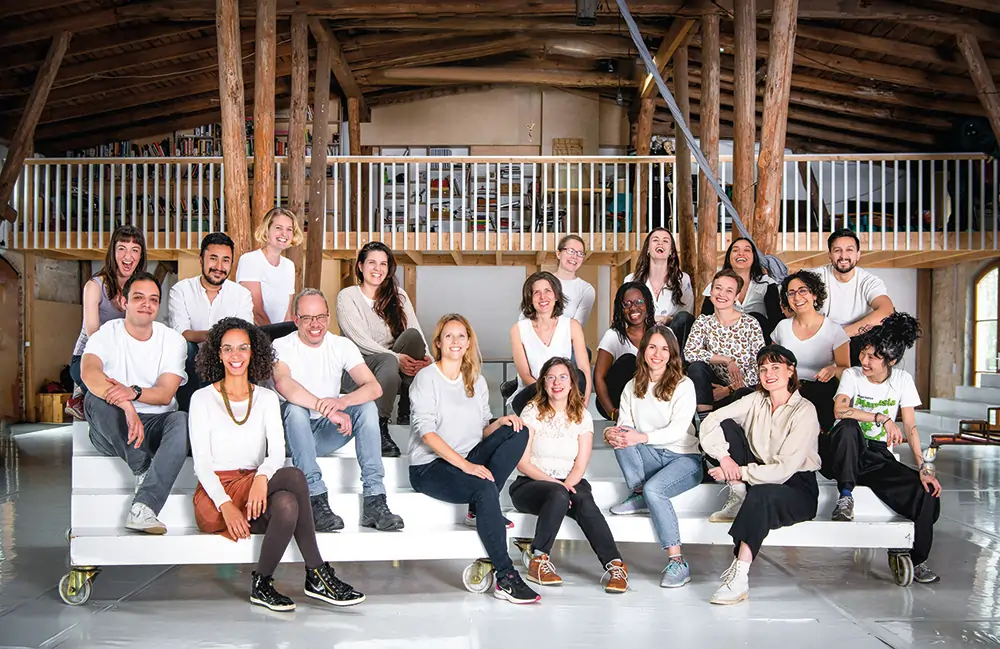Why ‘positive paranoia’ is the mother of innovation

John E. Kaye
- Published
- Executive Education, Home

By Pascal Brier, Group Chief Innovation Officer at Capgemini
When the late Intel CEO Andrew Grove first published his book on navigating ‘crisis points’ in 1988, I wonder if anyone could have foreseen how drastically the world would change for individuals and organisations alike.
Let’s look at the last 18 months alone. As a society, we’ve weathered a global pandemic and economic disruption; tackled increasing climate change; and acknowledged the longstanding issue of diversity/racial unbalance in our communities.
One could even say that there are no single crisis points anymore – it is now a permanent state of crisis that we are living in. So unlike the business leaders of 1988, today’s leaders have to worry about more than just the survival of their organisation. They must also think about the impact of their organisation within a wider societal context, in addition to addressing the constant changes that threaten business continuity.
It’s no surprise then that the title of Grove’s book still rings true: Only the Paranoid Survive.
In fact, I’m going to take it one step further and say that only the ‘positively paranoid’ survive – meaning those organisations who can positively channel their paranoia into smart and impactful business decisions.
Because the fear of disruption is not unique. Given the current circumstances, most companies are naturally hyperaware that new challenges and competitors can come from anywhere at any time, and that success is never guaranteed.

What sets the positively paranoid apart is what they do with this awareness. For me, this means three key things:
They run their businesses with an innovation mindset
Of course, nearly every organisation claims to be innovative. Or at the very least, they say that they want to be innovative. It’s up there with claims to be a ‘data-driven company’.
But organisations truly driven by a sense of paranoia have a commitment to innovation that goes way beyond a few lines on their website. These organisations significantly invest in R&D, putting their money where their mouths are – because they know that they cannot afford not to!
Just ask Apple, one of the few companies to have maintained its position in lists of the world’s most valuable companiesthroughout the past decade. Earlier this year, it committed $430 billion in US investments over five years in innovative fields like silicon engineering and 5G.
It’s more than just money. A commitment to innovation is also reflected in the way an organisation structures itself. Are business units set up to enable agility and collaboration? What does their resource allocation say about their true business priorities? Are all department heads held accountable for innovation? Does their culture support and encourage it?
They care about and help solve the world’s issues
The mounting challenges presented by modern society requires business leaders to think beyond their own company. Specifically, it requires from them a ‘systems thinking’ approach, in order to understand the impact that larger system pressures like climate change and social justice issues can have on day-to-day business matters.
It’s not just corporate reputation. Positively paranoid companies – and leaders – recognize how these macro issues could affect everything from consumer demands and supply chains to employee wellbeing and talent attraction, and take proactive steps to help address them.
It’s great that this type of thinking is increasing. Take for example, the Alliance of CEO Climate Leaders, a global community of Chief Executive Officers working to drive action across sectors and engage policymakers to help deliver the transition to a net zero economy.
Beyond the greater societal impact, a systems thinking approach also allows companies to recognize the valuable business opportunities that lie in addressing issues such as sustainability. In the Energy & Utilities industry, our research showed that more than six in ten organisations have driven an increase in revenues from sustainable operations.
Most importantly though, a systems thinking approach allows positively paranoid organisations to recognize and capitalize on these opportunities before their competition.
They collaborate and ask for help
The final defining action: organisations who are positively paranoid seek out all available assistance.
This means building partnerships with organisations both large and small, and ensuring they are part of key ecosystems – positively paranoid organisations would never risk critical ecosystems being created without them.
After all, innovation is impossible without collaboration. It sounds obvious, but you’d be surprised at how many organisations forget this simple fact.
For example, we recently conducted research into data sharing masters, highlighting how companies who engage in data ecosystems create unbeatable benefits for their businesses, including faster R&D and new products, services and business models. Unfortunately, only 14% of organisations are involved in more collaborative, complex and ultimately more valuable, data sharing initiatives.
And unless you’re one of the Big Tech companies, no single organisation can capture the complexity of innovation alone, no matter how it structures itself.
Organisations must focus on the innovative projects that will deliver them a clear competitive advantage and work with the best. And if it’s not building a clear competitive advantage but still must be done, then they should assess whether they should do it themselves or trust their ecosystem partners.
Working towards a more positive future
Despite the world-weary tone with which I started, I’m going to take my own advice and stay ‘positively paranoid’.
Yes, the world is currently more complex and challenging than it has been before. But if business leaders and their companies maintain the right mindset, think broadly and choose to collaborate, I am confident we can collectively innovate towards a better world and get the future we want.
RECENT ARTICLES
-
 Hannu Tihinen on strategy, leadership, and the value of an EMBA
Hannu Tihinen on strategy, leadership, and the value of an EMBA -
 European MBAs adapt to AI as Aalto overhauls executive education
European MBAs adapt to AI as Aalto overhauls executive education -
 From dialogue to action: how emba X prepares leaders for a new era of responsible innovation
From dialogue to action: how emba X prepares leaders for a new era of responsible innovation -
 How Europe can learn faster: turning AI into safer, smarter adult training
How Europe can learn faster: turning AI into safer, smarter adult training -
 Aalto EE launches Aalto Tech EMBA to equip executives for digital transformation
Aalto EE launches Aalto Tech EMBA to equip executives for digital transformation -
 Supply chains are being remade. Leadership must be too
Supply chains are being remade. Leadership must be too -
 Why the real barrier to AI success sits in the boardroom
Why the real barrier to AI success sits in the boardroom -
 ETH Zurich and the University of St.Gallen redefine executive education with emba X, a new model of responsible leadership
ETH Zurich and the University of St.Gallen redefine executive education with emba X, a new model of responsible leadership -
 Why leadership is the strongest defence in South Africa’s schools
Why leadership is the strongest defence in South Africa’s schools -
 Porto Business School launches executive programme on AI strategy
Porto Business School launches executive programme on AI strategy -
 POLIMI Graduate School of Management strengthens global reputation in MBA and master’s rankings
POLIMI Graduate School of Management strengthens global reputation in MBA and master’s rankings -
 Trinity Business School strengthens standing in global MBA rankings
Trinity Business School strengthens standing in global MBA rankings -
 Meet the class of 2025… and their children. Why mid-life university learning is on the rise
Meet the class of 2025… and their children. Why mid-life university learning is on the rise -
 University of Michigan launches executive programme for chief data and AI officers
University of Michigan launches executive programme for chief data and AI officers -
 International education: A vision for global citizens
International education: A vision for global citizens -
 How to create lasting social change? Build a community
How to create lasting social change? Build a community -
 Tomorrow’s world needs Dyslexic Thinking
Tomorrow’s world needs Dyslexic Thinking -
 Why family therapy is the best investment you can ever make
Why family therapy is the best investment you can ever make -
 How EQ can give us the edge over AI
How EQ can give us the edge over AI -
 A true root and branch approach
A true root and branch approach -
 It's fine to say you're not ok
It's fine to say you're not ok -
 Are you willing to change with your organisation?
Are you willing to change with your organisation? -
 Emerging markets: Online learning for women unlocks economic potential
Emerging markets: Online learning for women unlocks economic potential -
 A programme of urgent importance
A programme of urgent importance -
 Why progress is not parity
Why progress is not parity

